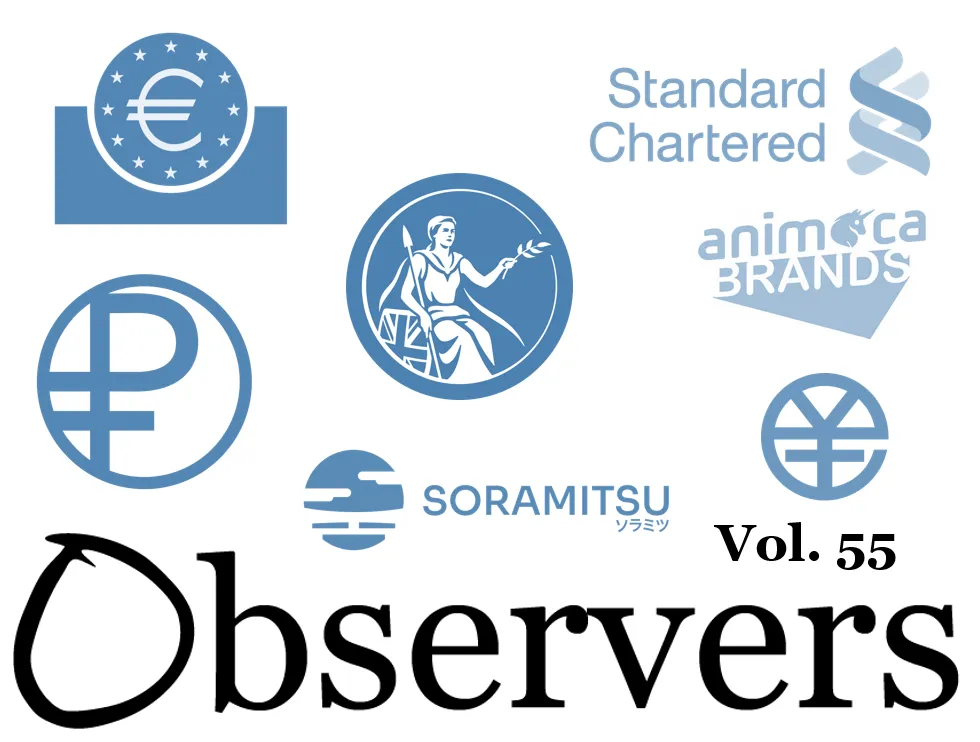

U.S. Fed drops the wholesale CBDC term, Russian banks resist digital ruble push, China adds scenarios for state payments with e-CNY

Subscribe now and have access to all our stories, enjoy exclusive content and stay up to date with constant updates.
Already a member? Sign in